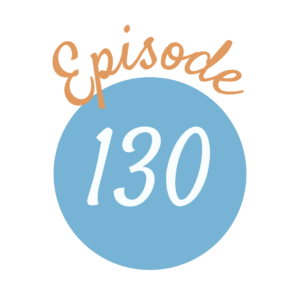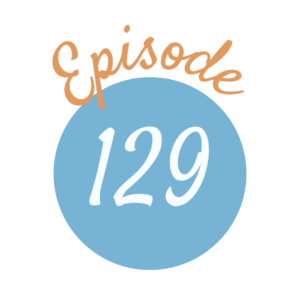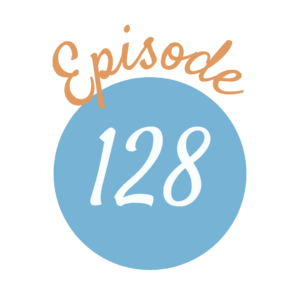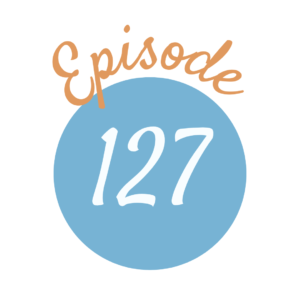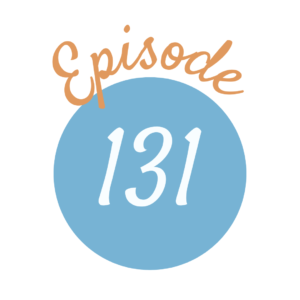
This Charlotte Mason podcast episode concerns an important pursuit in education outside of “school” lessons: scouting. Emily, Nicole, and Liz discuss how scouting became part of the child’s experience in the P.N.E.U. and what possibilities it holds for children in our century.
Listen Now:
“How did the boys scouts start?
Oh Well! I believe it was largely due to–whom shall we say?–A Field Marshal’s Governess.
It was this way; the Brigadier General, as he was at that time, was riding to his home after a field day when from the branches of a tree over-head his little son called to him “Father, you are shot; I am in ambush and you have passed under me without seeing me. Remember you should always look upwards as well as around you.”
So the general looked upward and saw not only his small son above him but also, near the top of the tree, the new governess lately imported from Miss Charlotte Mason’s training College at Ambleside.
Her explanation of the situation was that a vital point in up to date education was the inculcation of observation and deduction and that the practical steps to this were given in the little handbook for soldiers of “Aids to Scouting.” The present incident was merely one among the various field stunts from that book which might be put into practice by her pupils and herself.
For example, they might as another exercise creep about unseen but seeing all the time, and noting down everything that the general did; they might lead him off on some wild chase while they purloined some tangible proof of their having invaded his sanctum. Taken as a warning of what he might expect I daresay the governess’s explanation opened the general’s eye pretty widely, if only in regard to his own future security against ambuscades and false alarms.
But it certainly opened mine to the fact that there could be an educative value underlying the principles of scout training; and since it had been thought worthy of utilisation by such and authority as Miss Mason I realised that there might be something in it.
This encouraged me in the direction of adapting the training for the use of boys and girls.
From this acorn grew the tree which is now spreading its branches across the world.
The Boy Scout of yesterday–(reduced alas by some ten thousand who gave their young lives in the war)–is already becoming the citizen of to-day–(and none too soon)–largely thanks to the Field Marshal’s governess.” (General Sir Robert Baden-Powell, In Memoriam, pp. 22-24)
“In the Parents’ Union School we are doing scouting too. To a programme that offers Such a unique and delightful arrangement of work, [that is Charlotte Mason’s curriculum] it seems almost superfluous to add the name “Scouting,” so much of scoutcraft is already included. At the same time, most children find a deep interest in carrying out schemes of their own, and in doing work which is not called “work,” independently of that which is expected of them.” (Smith/63)
“No one must think that we are trying to have an independent organization, using as our own all the ideas of the Chief Scout. The very opposite position is ours. We want to make scouting practical for girls as well as boys, and to spread the spirit of the movement amongst families where there is the home schoolroom. There is, it is true, an organization known as the ‘Girl Guides,’ run on lines similar to scouting for boys, and under the management of Miss Baden- Powell. Although it is spreading quickly, a great many P.U.S. children are out of reach of existing patrols and have not the opportunity of inaugurating new ones. In addition, the tests for Tassel Honours that can be gained are arranged to coincide to a certain degree with the work of the P.U.S. Programme.”—J. H. Mellis Smith.—Children’s Quarterly, January, 1912.
“[I]t is the attitude towards the ordinary events of every day life, the scout’s attitude, that seems to me so invaluable. Once you have accepted the law as your law, a thing you should only do after thoughtful consideration, you are honour bound to try your best, whatever you are doing. … And those who accept the challenge are not burdened with many rules of conduct. They have only agreed to live a life that tries to be unselfish, and is in consequence a full and happy one. And they have the help of knowing that they are trying in company with many others.” (Smith/64)
“General Baden-Powell’s extensive scouting scheme is included in the curriculum of the Parents’ Union School. The scheme has nothing whatever to do with soldiering, but it has been set on foot with the idea of making good citizens of our boys and girls. The acquisition of all kinds of scientific knowledge comes under the head of ” Scout Craft,” and there are many games suggested in the hand-book Scouting for Boys, which are taken up by children with great zeal. The ” Scout Law ” is based upon the old laws of chivalry, and a true scout must put God, honour, duty, and the sacrifice of self before all. Thus scouting gives an attractive occupation in the open air, resulting in alertness and independence, and also affords moral training.” (Cooper/346)
Winter Holiday, Arthur Ransome
Shelters, Shacks, and Shanties, D. C. Beard
How to Stay Alive in the Woods, Bradford Angier
My Side of the Mountain, Jean Craighead George




